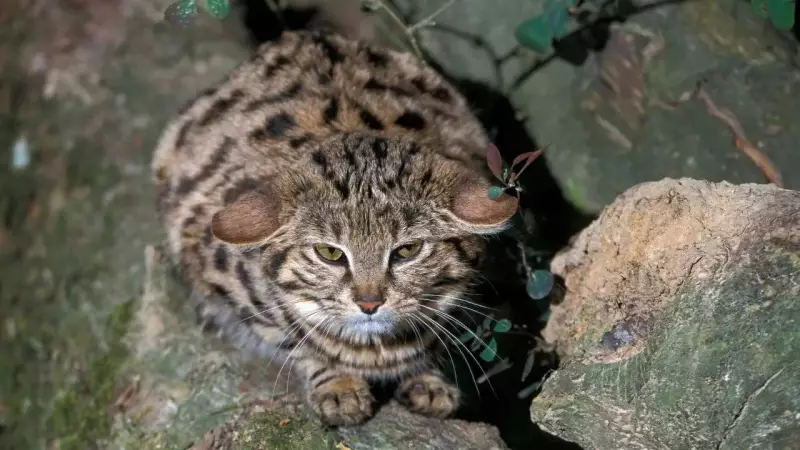
While lions and cheetahs often steal the spotlight in African wildlife documentaries, there's a tiny predator roaming the grasslands that puts them all to shame in the hunting department. Meet the black-footed cat (Felis nigripes), Africa's smallest wild cat and arguably its most efficient killer.
The Pint-Sized Powerhouse of the Plains
Weighing a mere 1.5-2.5 kilograms and standing just 20-25 centimeters tall, this miniature marvel might look like your average house cat, but don't let its size fool you. The black-footed cat boasts the highest hunting success rate of any feline in Africa - an astonishing 60% compared to lions' meager 20-25% success rate.
What Makes This Tiny Hunter So Deadly?
Incredible hunting prowess: These cats are nocturnal hunters that can travel up to 30 kilometers in a single night, consuming prey equivalent to one-sixth of their body weight each evening.
Diverse diet: Their menu includes everything from birds and small mammals to insects and spiders. They're known to catch and consume up to 14 prey items in a single night!
Perfect adaptation: Their speckled coat provides excellent camouflage in the grasslands of South Africa, Botswana, and Namibia, while their large eyes give them superior night vision.
A Species in Peril
Despite their remarkable abilities, black-footed cats face significant threats that have earned them a 'Vulnerable' status on the IUCN Red List. With fewer than 10,000 mature individuals remaining in the wild, conservation efforts are crucial for their survival.
Major Threats Include:
- Habitat loss due to agricultural expansion
- Poisoning from pest control measures
- Predation by larger animals
- Road accidents in their native habitats
Conservation Efforts Underway
Several organizations are working tirelessly to protect this remarkable species. The Black-Footed Cat Working Group has been studying these elusive creatures since the 1990s, while breeding programs in zoos worldwide are helping to maintain genetic diversity.
Did you know? These cats are so elusive that even experienced wildlife researchers consider spotting one in the wild a rare privilege. Their secretive nature and excellent camouflage make them incredibly difficult to study in their natural habitat.
The black-footed cat serves as a powerful reminder that sometimes the most extraordinary creatures come in the smallest packages. As conservation efforts continue, researchers hope to ensure that this tiny but mighty hunter continues to roam the African plains for generations to come.





